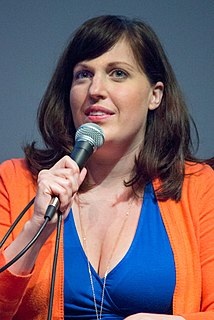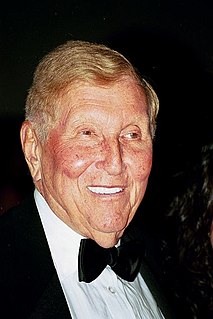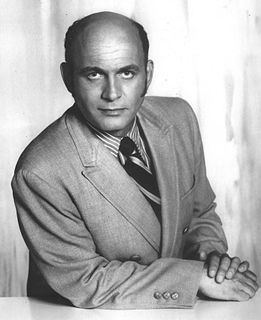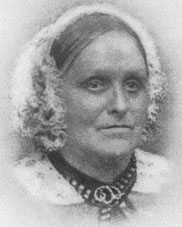A Quote by Toni Kroos
I can't comment on every article in the newspapers.
Quote Topics
Related Quotes
I wrote an article about the marine landing [in Haiti] right away, but barely mentioned the oil, because my article would come out two months later and I assumed by then, "of course, everybody knows." Nobody knew. There was a news report in the Wall Street Journal, in the petroleum journals, and in some small newspapers, but not in the mainstream press.
I was kind of amazed because I first found out about blue boxes in an article in Esquire magazine labeled fiction. That article was the most truthful article I've ever read in my life... That article was so truthful, and it told about a mistake in the phone company that let you dial phone calls anywhere in the world. What an amazing thing to discover.
Every morning our newspapers could read, 'More than 20,000 people perished yesterday of extreme poverty.' How? The poor die in hospital wards that lack drugs, in villages that lack antimalarial bed nets, in houses that lack safe drinking water. They die namelessly, without public comment. Sadly, sad stories rarely get written.






































